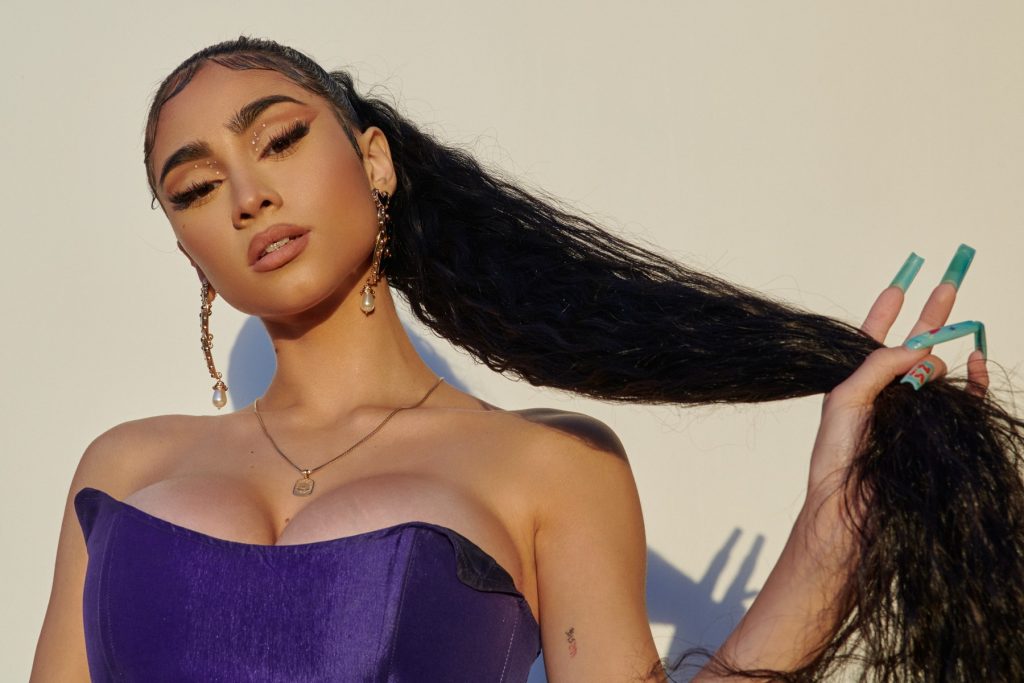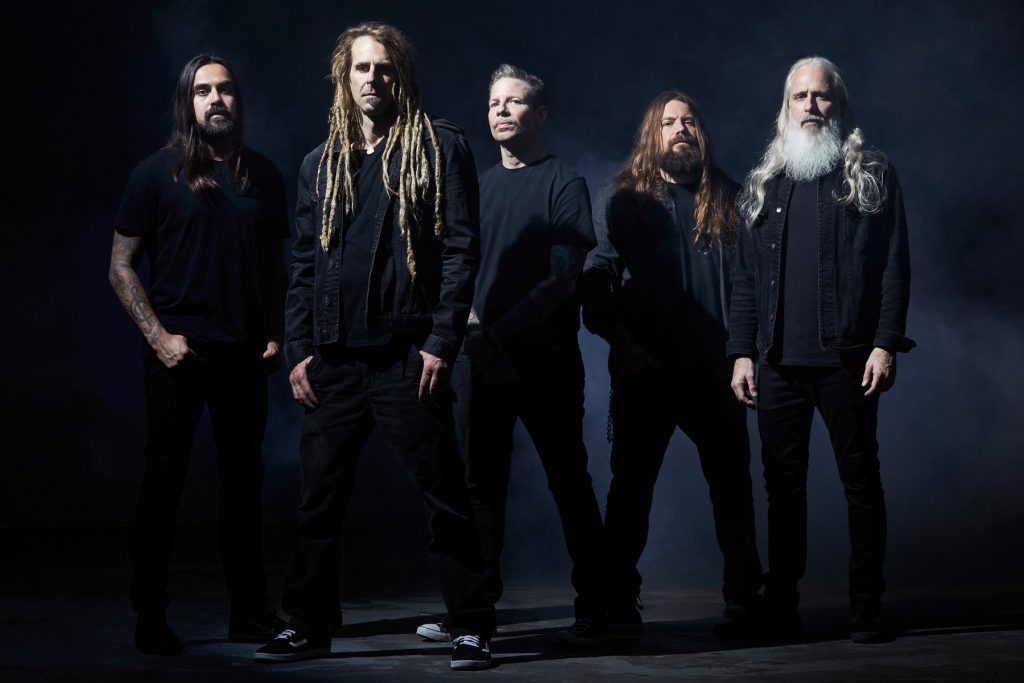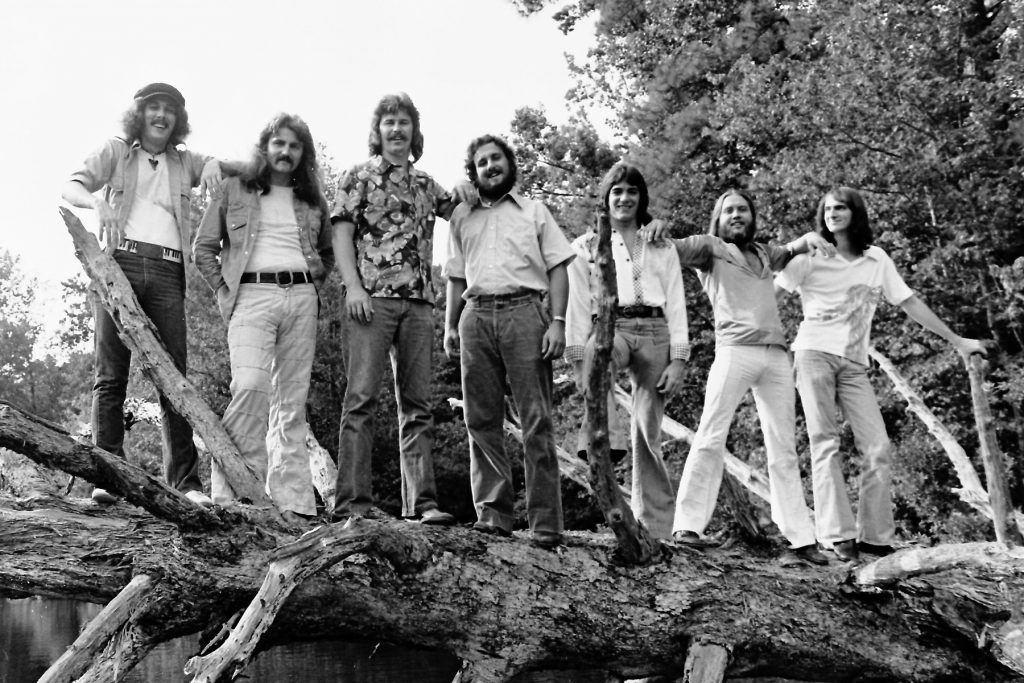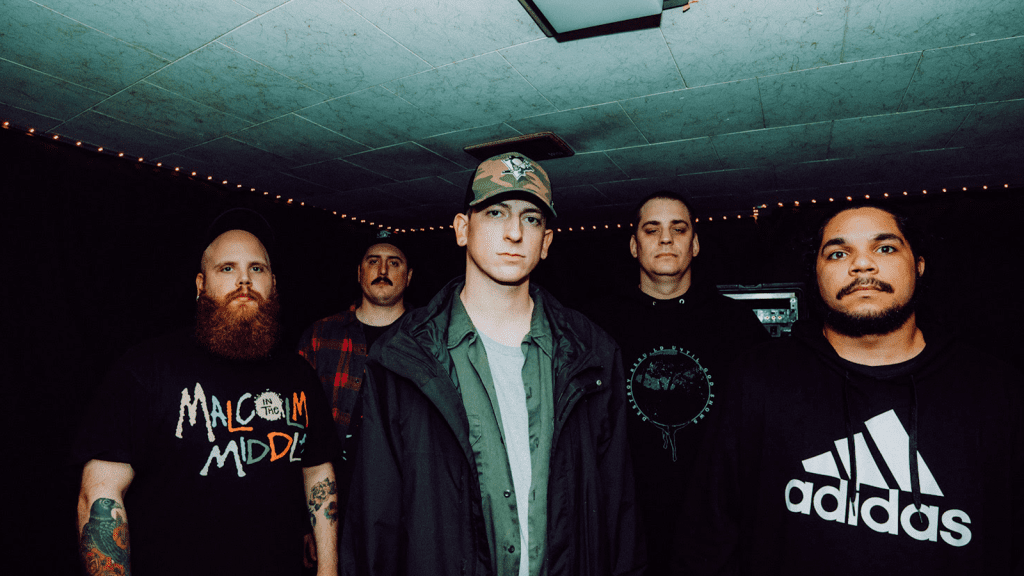
Paloma Mami’s Dreams Are Only Getting Bigger
Paloma Rocío Castillo Astorga was just 18 when she wrote her first song. She self-released it as a single — “Not Steady,” a gauzy, Spanglish R&B reproach to an overzealous suitor — with a music video that she filmed in the parking lot of her tía’s apartment complex. Within a few months, she became the first Chilean American artist to sign to Sony Music Latin. “Literally, ‘Not Steady’ was the first song I ever wrote, ever sang, ever recorded,” she says.
That was almost three years ago. Right now, she’s trying to stay very still so as not to disrupt her Wi-Fi: She recently moved into a new place, in Santiago, Chile. It’s a change of pace from how she spent much of 2020, quarantining in Puerto Rico as she recorded her debut album, Sueños de Dalí (due out March 19th). “Honestly, if it hadn’t been for making music, I don’t know what I would have been doing,” says the singer, 21, who records as Paloma Mami. “Going crazy, probably.”
Before 2018, Paloma had sung only at karaoke and family parties, a secret she kept from everyone except those closest to her. Today, on snappy YouTube featurettes and our Zoom call alike, it’s clear that beneath her jokes, funny voices, and goofy muecas, Paloma is a young woman who deeply, deeply cares.
blogherads.adq.push(function () {
blogherads
.defineSlot( ‘medrec’, ‘gpt-dsk-tab-article-inbody1-uid0’ )
.setTargeting( ‘pos’, [“mid-article”,”mid”,”in-article1″,”mid-article1″] )
.setSubAdUnitPath(“music//article//inbody1”)
.addSize([[300,250],[620,350],[2,2],[3,3],[2,4],[4,2]])
;
});
Born in New York to Chilean parents, Paloma grew up in uptown Manhattan, where she fell in love with all kinds of music, from R&B to Latin pop. Her father is an architect and her mother worked in interior design. Each gave her a distinct artistic inheritance. “My mom was obsessed with Marc Anthony,” she remembers. Her father supplemented Paloma’s love of Shakira by introducing her to Amy Winehouse, Gwen Stefani, and Avril Lavigne. “I had my little punk-rock moment like everybody did,” she says, with a laugh. She remembers always being surrounded by jazz, citing Billie Holiday, Ella Fitzgerald, and Frank Sinatra.
New York was its own teacher. At her school, which was made up of mostly white students, she’d ask classmates to call her “P,” modulating her middle name from Rocío to Rose. She heard reggaeton by Daddy Yankee, Don Omar, and Tony Dize while growing up in the city and during her summer visits to Chile, a bridge that connected her to a musical identity that felt like home.
At 16, Paloma was at what she calls “the peak of [her] rebellion.” She’d skip school often — she recalls a total of about three months’ cumulative absence. When her mother found out, she was “devastated.” “We were all … breaking apart in a way, me, my sister, and my mom,” she says. They ended up moving to Chile, where they’d be closer to family and a stable apartment, and away from the expenses of New York. “I thought it was going to be the worst thing, and it ended up being the best thing that ever happened,” Paloma says. “When I moved to Chile, it all clicked.”
The new setting and her family’s encouragement gave her the push to pursue music, which she’d “never dared to” back in New York. She appeared on a Chilean TV talent competition and dropped out after two weeks, disillusioned with the lack of creative control. Before long, “Not Steady” was a hit and Sony signed her. “Believing in yourself gets you far, guys!” she says.
The fame, and the whiplash, were instant. “I was all over the place,” she says. “That was the hardest thing to overcome: to realize that . . . none of it is real.” She felt like she was gaining negative attention as quickly as she did followers, and at first, she took the criticism to heart. Her 2019 single “Don’t Talk About Me” is a rebuke to the haters from middle school and high school, and the new ones who say she’s “not Chilean enough.” “I had to pick myself up right away, because I can’t be thinking like that,” adds Paloma, who credits the women in her family with teaching her the resilience and spirituality that guided her, as in all of their own previous trials.
Paloma hopes to see the music industry stop doubting women, especially early in their careers. From the start, she was wary of doing guest features, recalling the pressure to hop on tracks with “the biggest artist of the moment.” “Usually at that time, it was always a guy,” she says. In 2019, she released “Mami,” a song honoring the power of the feminine archetype, without which, she sings, “there’s no heaven ni reyes.” The song samples Puerto Rican reggaeton pioneer Ivy Queen’s 2003 song “Quiero Bailar,” echoing its theme of feminist autonomy.
blogherads.adq.push(function () {
blogherads
.defineSlot( ‘medrec’, ‘gpt-dsk-tab-article-inbody2-uid1’ )
.setTargeting( ‘pos’, [“mid-article2″,”mid”,”in-article2″,”mid-article”] )
.setSubAdUnitPath(“music//article//inbody2”)
.addSize([[300,250],[300,251],[620,350],[2,4],[4,2],[3,3]])
;
});
“This generation has been so kind to artists from all over the world,” Paloma says. She’s been encouraged by the young Chilean artists, especially women, now finding success, like singer Denise Rosenthal, whose voice she loves: “I think, honestly, the females in Chile are kind of taking over.”
In October, Chileans voted with a 78 percent majority to replace the country’s constitution, imposed in 1980 under Augusto Pinochet’s regime. “It’s a beautiful country that has been suppressed for a very long time, and the people are taking it back,” Paloma says. She admires her country’s teenagers, including the metro-fare protesters who catalyzed a movement against economic inequality in late 2019, in the face of police brutality. “They’re protesting for their own lives and for the future of their kids,” she says. “I think it’s so incredible.”
Paloma thrives on a challenge to prove herself. With her debut album almost here, she teases a stacked roster of producers — including Grammy-winning duo Nova Wav and Nick Mira — and more versatile experiments within and without the R&B, trap, reggaeton, and pop sound she’s crafted so far.
Earlier in our conversation, she told me that “20 years into my career, I’m probably gonna have done everything.” I ask her what that means for Sueños de Dalí.
“I have a lot of …” She trails off. “Actually, let me not tell you,” she says, with a self-assured laugh. “Surprise.”



